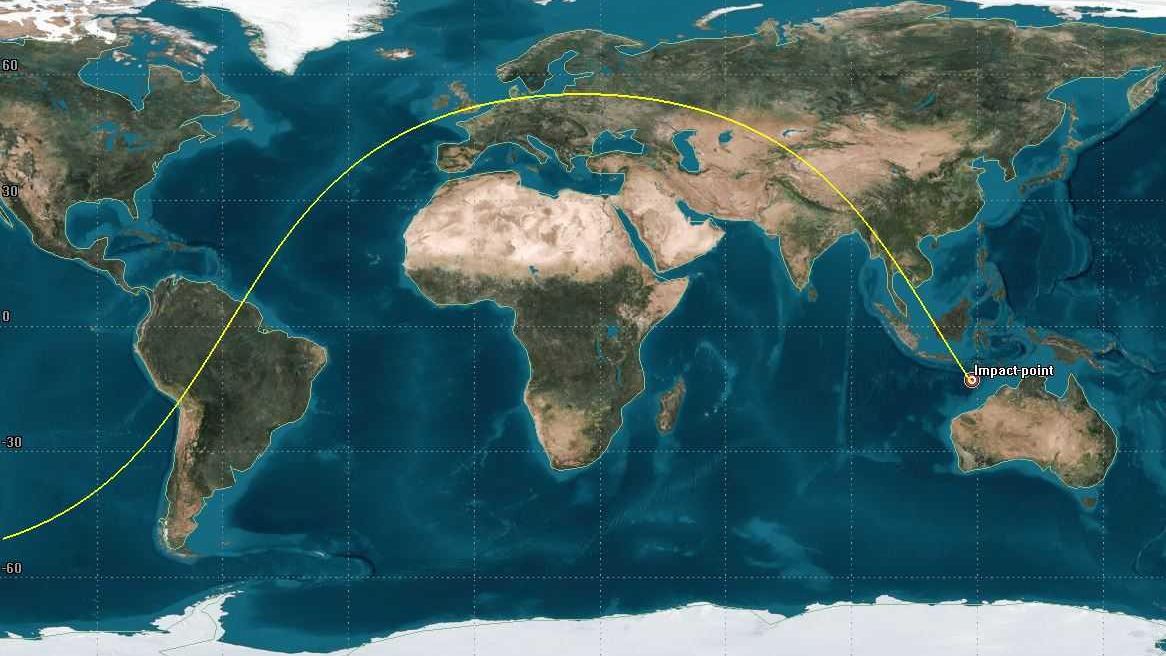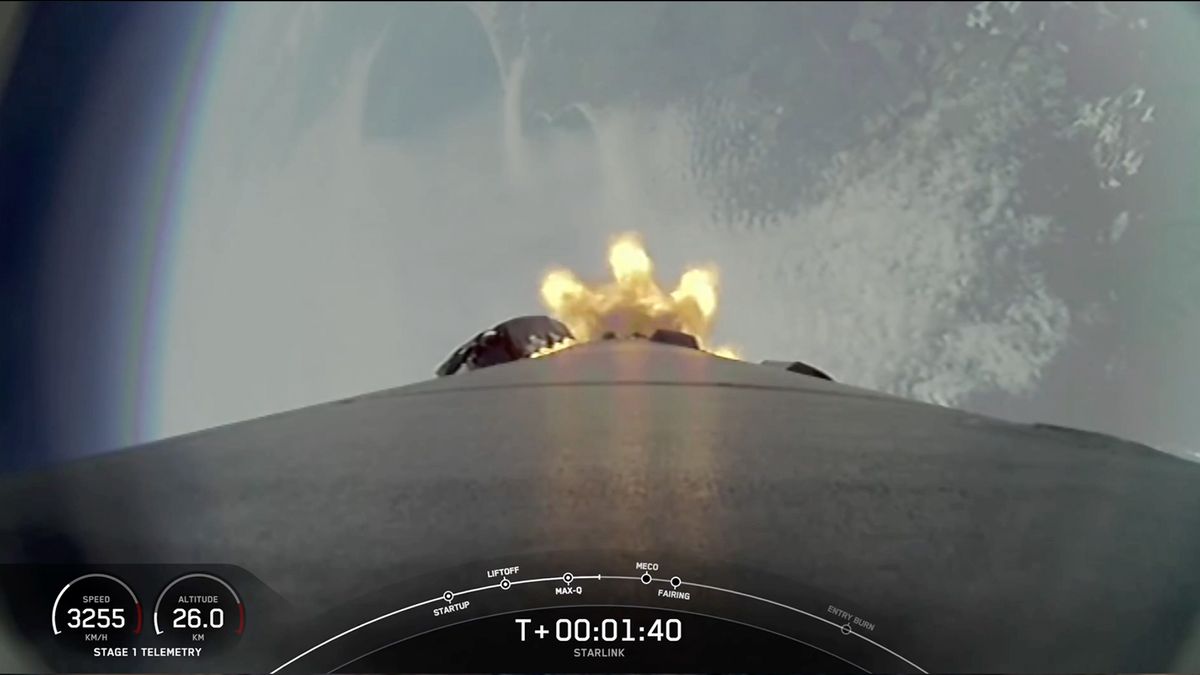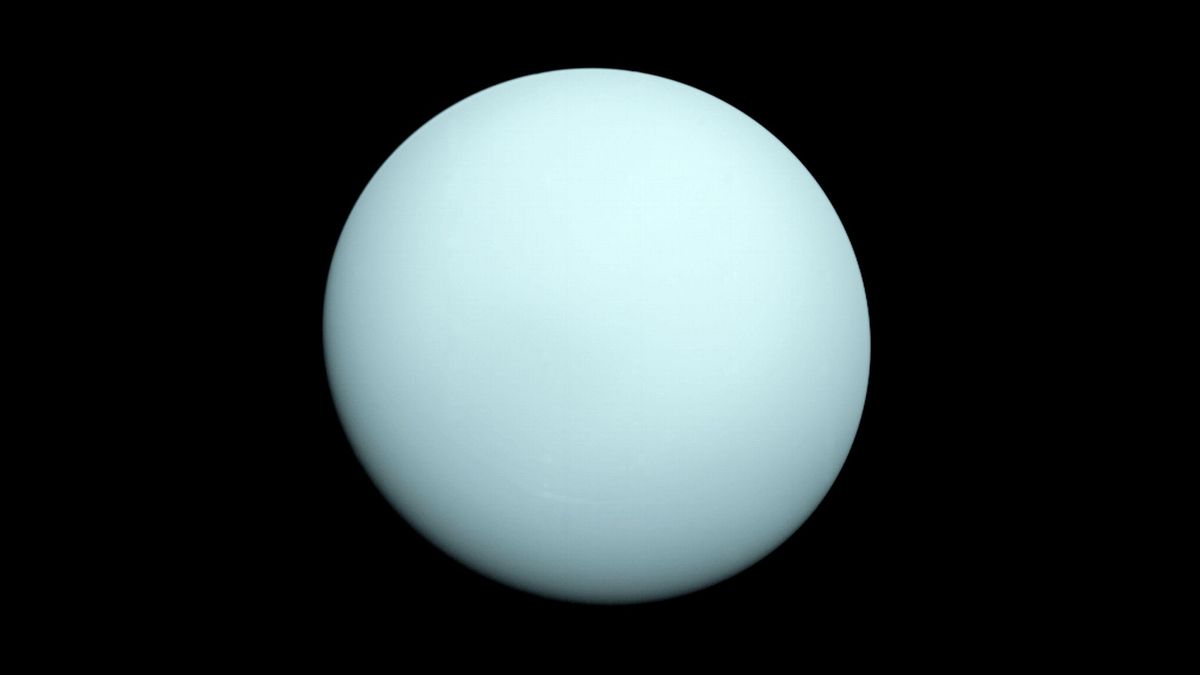An Indian experiment module fell out of space and crashed into the Indian Ocean in recent days, just months after launching into orbit, but it wasn't because of a failure, Indian space officials said.
The Indian Space Research Organisation (ISRO) on April 4 confirmed that its PSLV Orbital Experimental Module 4 (or POEM-4) was intentionally destroyed to mark the end of its successful mission.
The experiment platform launched into space on Dec. 30 on an ISRO Polar Satellite Launch Vehicle as part of the country's Space Docking Experiment mission, also known as SPADEX.
"During its mission life, POEM-4 hosted altogether 24 payloads (14 payloads from ISRO and 10 from various [non-government entities]) and all payloads worked as expected yielding valuable science data," ISRO officials wrote in a statement. The Space Docking Experiment mission, which demonstrated India's first-ever autonomous docking in space, was also a success.
ISRO deorbited the POEM-4 module, which was attached to the upper stage of its PSLV rocket, so it didn't become a space debris hazard in orbit. Flight controllers directed the rocket stage to maneuver into a collision course with the Indian Ocean, then vent off any remaining propellant to avoid an accidental explosion or breakup during reentry. It officially fell out of space at 8:03 a.m. Indian Standard Time on April 4 (0233 GMT; 9:33 p.m. April 3 EDT).
"The safe reentry of POEM-4 is yet another accomplishment to ISRO’s commitment to contain the growth of space debris, reaffirming the prominent role of ISRO in the long-term sustainability of outer space environment and Debris Free Space Mission," ISRO officials said.
.png)
 German (DE)
German (DE)  English (US)
English (US)  Spanish (ES)
Spanish (ES)  French (FR)
French (FR)  Hindi (IN)
Hindi (IN)  Italian (IT)
Italian (IT)  Russian (RU)
Russian (RU) 









Comments